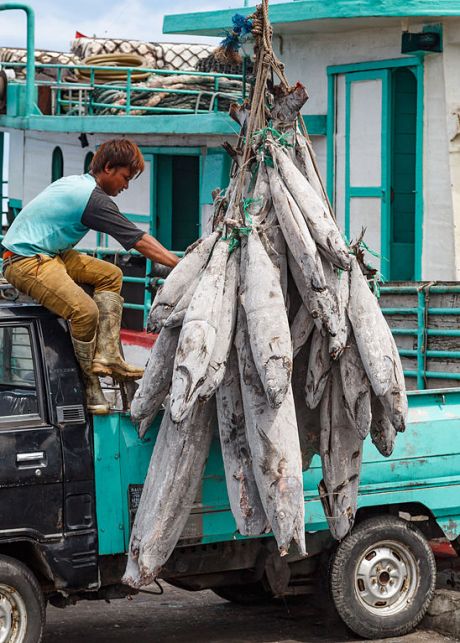
European scientists have developed new methodologies and resources to create more accurate and realistic fisheries models to enable them to accurately assess fish stocks.
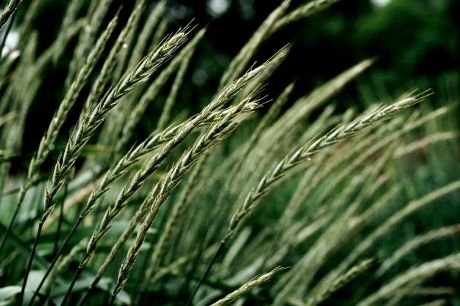
Researchers have identified how wheat plants control the movement of nutrients from leaves into the developing grains. The work helped them develop a highly accurate wheat genetic map.
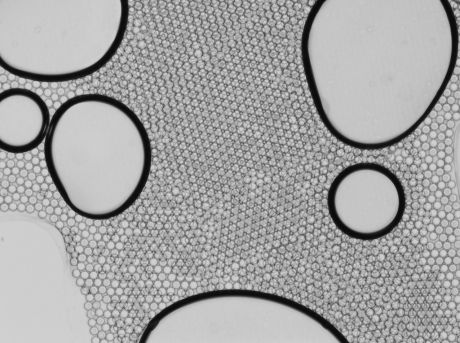
Emulsion-based food products show tremendous promise because of their health and economic benefits. An EU initiative developed instant emulsions for the food sector that provide healthier products while minimising various costs.
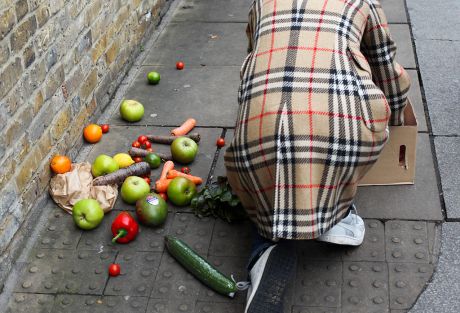
Water and chlorine are widely used to clean our fruits and vegetables at the industrial level. Too much water is wasted and the safety of chlorine usage is questionned.
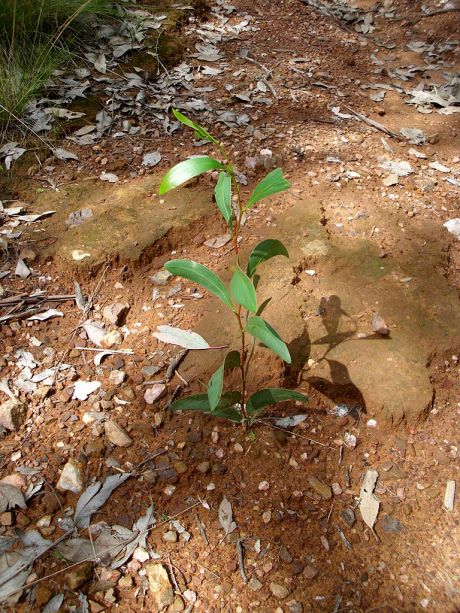
Scientists are discovering how seedlings use seed-stored lipids for energy while growing in the dark but produce sugars through photosynthesis once in the light. Controlling this dark-to-light growth switch will help to produce oil-rich plants.
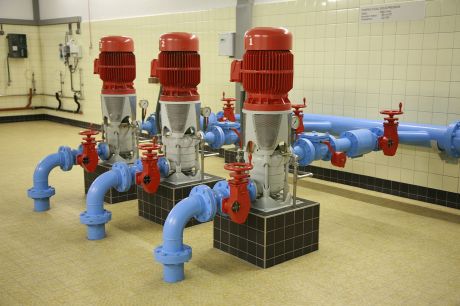
Scientists have developed a safe electronic system to reuse wastewater and nutrients in agricultural production.
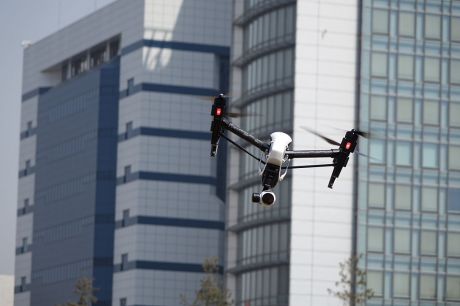
Scientists have developed intelligent drones that detect weeds on crops – this will enable herbicides to be targeted to infested areas only.
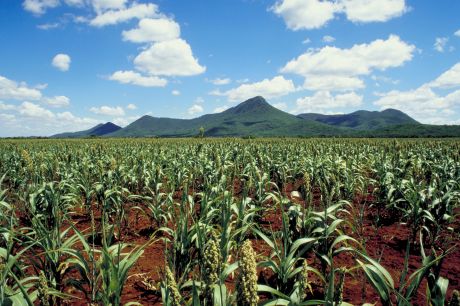
Agriculture is vulnerable to climate change and all countries need to develop a resilient food system to limit its impact. An EU-funded initiative was established to help Europe continue to develop knowledge and technologies that will safeguard sustainable and competitive food production.
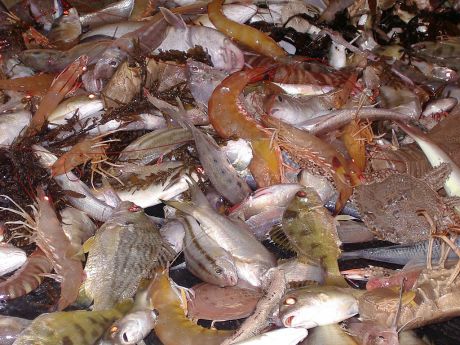
An initiative encouraging the participation of industry, government and scientists in fisheries research should lead to better scientifically informed policy decisions on marine management across Europe.
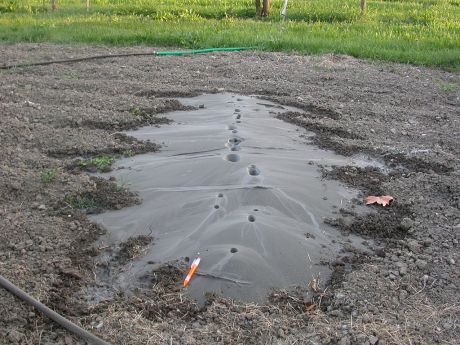
Research engineers are investigating the role played by tiny grains of sand like particles (known as silt) in the liquefaction of soils. There have been many cases of soil liquefaction around the globe following earthquakes, resulting in serious loss of life and significant damage to buildings and infrastructure.

Previous EU-funded projects have advanced concepts, tools and infrastructures aimed at encouraging Europeans to follow healthy dietary guidelines and recommendations. A current initiative will promote these campaigns together with small and medium-sized enterprises (SMEs) to combat poor health and unhealthy ageing.
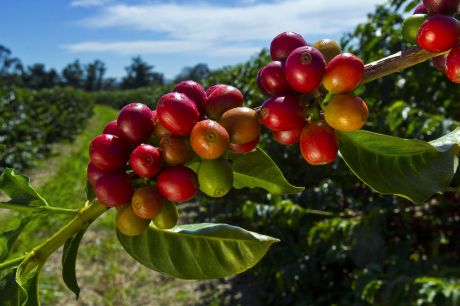
An EU group assessed innovation in the agricultural business sectors of Tanzania and Vietnam. Neither country is particularly innovative, for differing reasons including government context, tradition and resistance; the project offered suggestions.
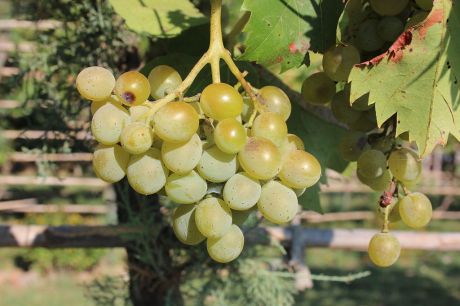
Researchers have discovered new molecular signals of ripening in grapes and taken steps towards understanding how different genes control this process.

Food is part of our cultural heritage, but the incidence of food intake-related disorders such as obesity and diabetes is on the rise. EU funding is supporting an investigation of factors involved in our food choices and its impact.

Although freshwater ecosystems provide countless services to humanity and support a rich biodiversity, they are at risk throughout the world. One of the main drivers of changes in freshwater ecosystems is biological invasions by non-native species, such as fish, resulting in major ecological and evolutionary impacts.
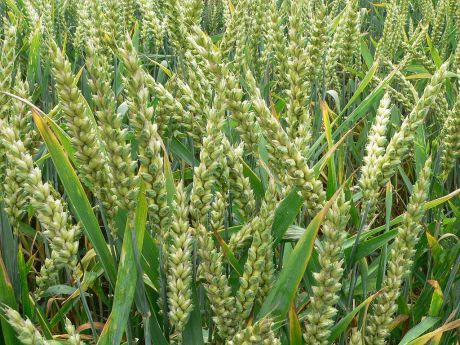
Information on the genes that control wheat flowering time may soon enable breeders to manipulate the precise time that their crops flower for maximum yield.

A huge boost to fruit grading is imminent thanks to research into rating internal quality without physically invading the flesh. To achieve this, scientists are using equipment more at home in a hospital or laboratory.

A new decision-support tool for manufacturing ready-to-eat foods promises to help smaller businesses better manage food safety issues such as spoilage and contamination.

Fish have physiological and behavioural mechanisms to cope with stress. EU fish biologists are taking a novel integrated approach to investigate how three species of farmed fish respond to different husbandry practices with regard to welfare and stress.

EU researchers are conducting large-scale trials and genetic research to find barley and wheat that can produce high yields while remaining environmentally sustainable.
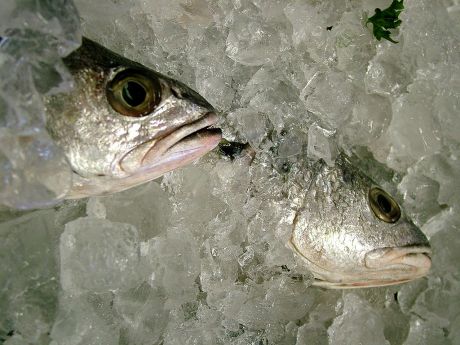
Novel energy-efficient equipment to make ice aboard fishing vessels will help keep fish fresh and support the European fishing industry.
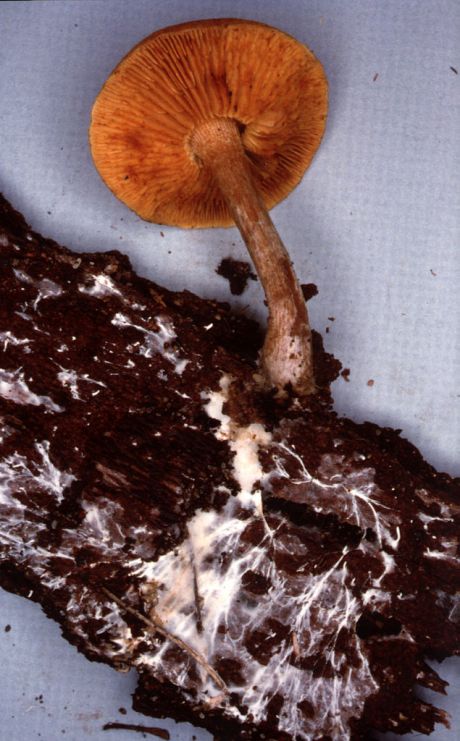
Nano-scale research into the interaction between key soil fungi and charcoal is another step towards sustainable agriculture.
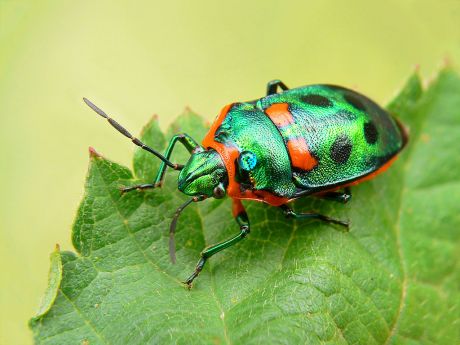
Researchers are exploiting insects as a cheap, environmentally friendly protein source for animal feed and human nutrition as alternatives to today's plant and fish proteins.
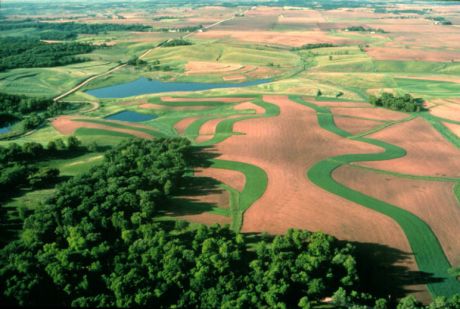
Researchers have produced a guide outlining different approaches to achieving sustainable agriculture in Europe.
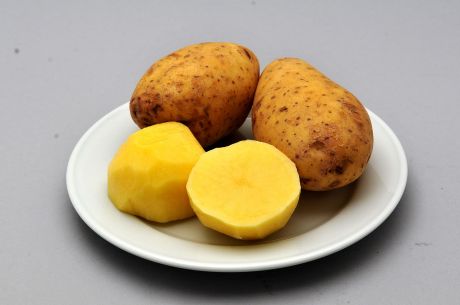
An EU research project has investigated natural soil microorganisms from the Andean highlands to improve potato-growing productivity in rural Andean communities.
























